Consumer behaviour has changed massively within the last decade, and at an exponential pace in the last 5 years. The way we pay our bills, do our shopping, check our bank balance, review our credit report, all of it online and available at our fingertips thanks to mobile technology.
In the 1980’s and 90’s it was all about large corporate companies/banks, the seemingly ‘safer’ option, but now people are embracing the start-up “kickstarter” culture and choosing to invest in new business ideas, higher risk future investments and being the “trendsetter” of future business and technology innovations. This change has affected how start-up and disruptors gain investment to fund their ideas, with setups like Kickstarter and Indiegogo for products, and Crowdcube for business crowdfunding investment.
Within the financial services industry, this change has allowed smaller, “disruptor” and start-up companies to invest heavily in their products before market release, and given the necessary capital to invest in their staffing from an early stage in their business development, using their innovative and cutting-edge projects to attract candidates away from the more traditional financial businesses.
Innovative – fast paced – on the pulse – cutting edge – agile – free-thinking
Buzz words – YES – but very real to day-to-day life in a start-up environment, where ability to react to and incorporate customer feedback and desires in an agile way is key to surviving to product maturity. Start-up businesses rely on having a USP and being able to offer something different enough to make customers stop and think “I need that”, whereas corporate businesses are naturally risk averse and more about offering a set of products “a bit better than the competition”, without risking too much innovation that might backfire.
At a Fintech conference recently, this was abundantly evident. The start-ups were enthusiastic about AI, Blockchain and RPA. They were excited about what has been achieved and what the future holds. The old school corporates on the other hand were aiming their speech at the traditional customer and pushing “the same but better” approach.
Having worked in the Financial Services sector for a number of years before moving into recruitment in the IT/Digital space, I have seen first-hand the changes in the industry and how this is affecting hiring decisions, employee expectations and retention. My experience allows me to work closely with clients and candidates to understand technical and cultural needs from both sides, making high quality placements that will help businesses grow and place candidates in jobs that transform their lives. I am intrigued to see what the next decade has in store.

